Mental Health 360: Shocking rise in Aussie teens being medicated
More Australian teenagers are taking antidepressants for mental illness, as high anxiety fuels childhood depression, self-harming and suicide.
One in 13 Australian teenagers is taking antidepressants and other prescription drugs for mental illness, as high anxiety fuels childhood depression and suicide.
A mental health meltdown, made worse by the COVID-19 pandemic, is fuelling bullying and truancy in schools.
Australian Primary Principals Association president Malcolm Elliott said distressed children were starting to self-harm in primary school.
“There are high levels of family breakdown, uncertainty over employment and you chuck in the blinder of COVID-19 and it’s a climate of worry,’’ he told News Corp Australia.
“There just isn’t enough psychological support for students in schools.
“They’re nervous, they lack personal confidence and they’re not able to go with the flow – they perceive a threat at every turn.
“That can lead to conflict in the playground and the classroom.’’
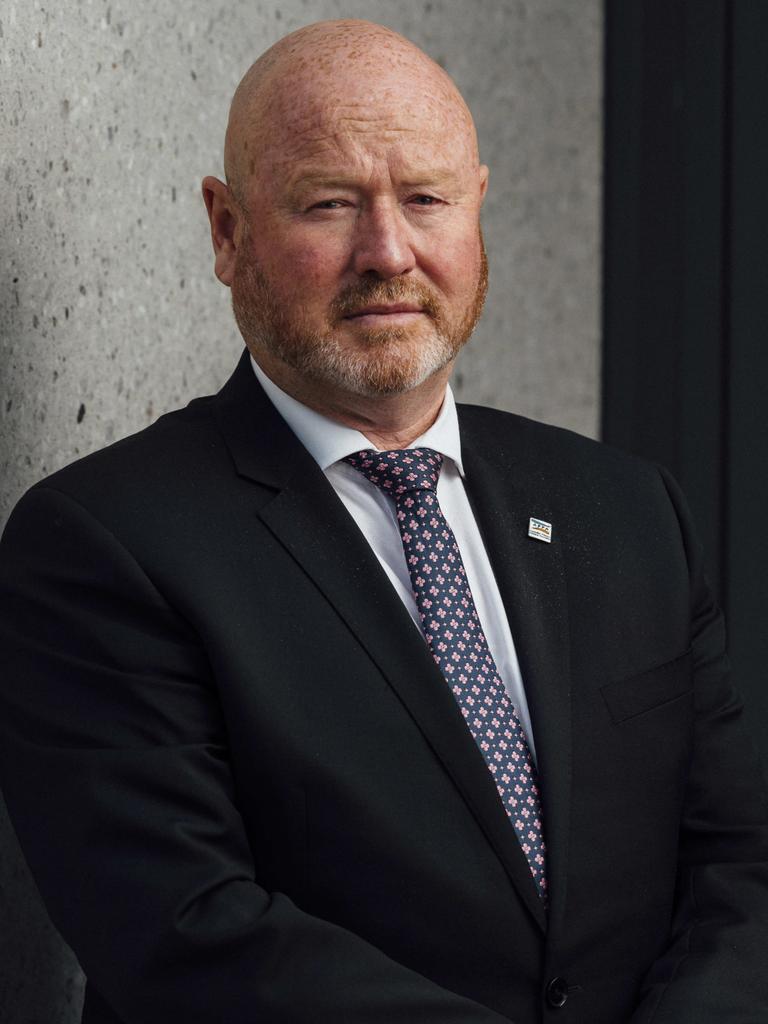
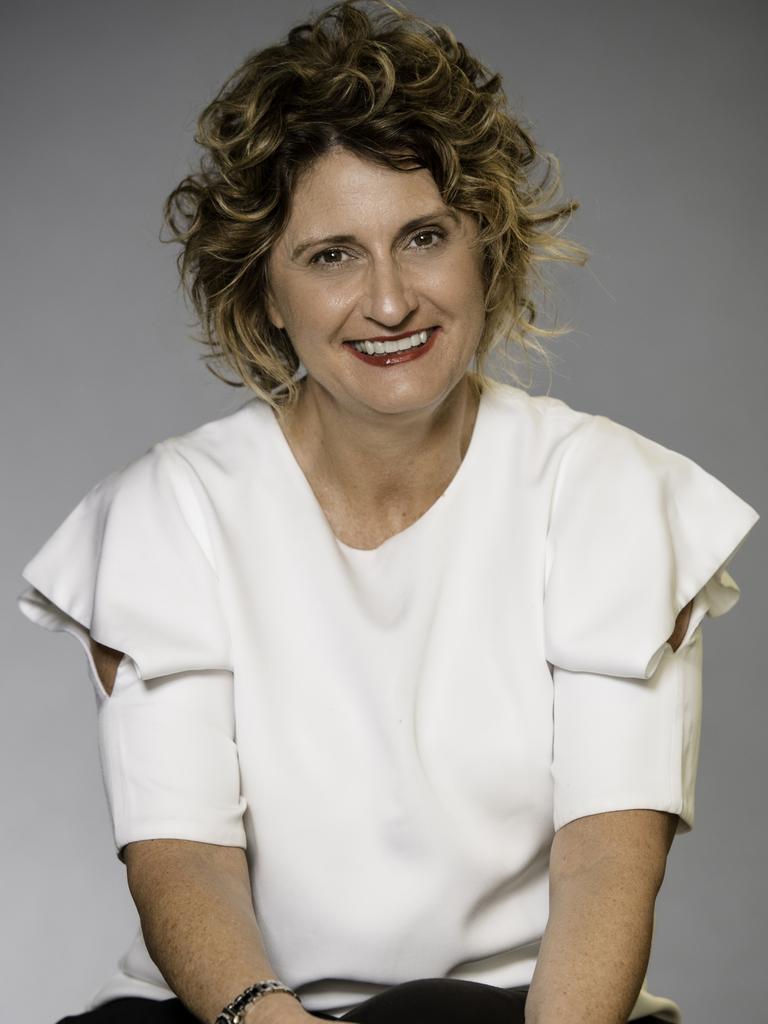
Mr Elliott said many kids were feeling “angry and upset’’.
“If someone says something that might be insulting their reaction is eight out of 10 instead of two out of 10,’’ he said.
One in seven school-aged children has been diagnosed with a mental illness, an alarming Productivity Commission report has revealed.
Suicide is the leading cause of death for young Australians aged 15 to 24.
Nearly four per cent of primary school students, and 8 per cent of teenagers, have a prescription for anxiety or antidepressant medication.
Australian Institute of Health and Welfare (AIHW) data reveals that 2312 toddlers and preschoolers were prescribed drugs for mental health issues in 2018/19.
It shows that 87,781 primary school aged children and 134,439 teenagers were prescribed medication, mostly for anxiety and depression but also for Attention Deficit Hyperactivity Disorder, Conduct Disorder or psychosis.
Mr Elliott said parents’ worries were rubbing off on children, creating “toxic stress’’.
“Parents are quite understandably anxious about the world and it rubs off on children,’’ he said.
“Children are picking up on the reaction of their parents to the television news at night, and with COVID-19 people are worried about losing their jobs.’’
Kids Helpline has been flooded with a record number of calls for help from kids cooped up with violent or mentally ill parents since the start of the pandemic in March.
The hotline received 433,600 calls from children and teenagers this year, yet only 158,308 calls were answered by counsellors.
The Kids Helpline website provided online counselling and web chats with another 53,023 children.
Counsellors called ambulances or Child Safety officers to save more than 2000 children from harm, including suicide.
The federal government has given Yourtown, which operates the hotline, extra funding to hire 50 more counsellors to cope with soaring demand.
Yourtown chief executive Tracy Adams said domestic violence and problems at school were among the reasons children were becoming anxious and depressed.
She said social media was affecting kids’ self-esteem, as children were constantly connected to technology and comparing themselves to others online.
Australian Secondary Principals Association president Andrew Pierpoint said schools were noticing a rise in truancy and “a lack of application to the tasks at hand’’.
“Students worry about the future, worry about their parents, worry about grandma and granddad, and the Year 12s are worried about the ATAR (Australian Tertiary Admission Rank),’’ he said.
The Productivity Commission has recommended that schools be rated on “student wellbeing’’ as well as attendance rates and academic success.
Federal Education Minister Dan Tehan said the Education Council of state and territory ministers would consider a report on the best way to measure student wellbeing.
He said a National Child Mental Health Strategy was being developed and the federal government was spending $133 million on youth mental health, plus $247 million for school chaplains over four years.
MUM AND DAD NEED TO PLAY A COACHING ROLE
Anxious parents who share their stress are raising a generation of nervous children, a top child psychologist has warned.
Michael Hawton, founder of Parentshop and an adviser to primary school principals, said two-thirds of anxiety is “learned’’.
He said parents need to teach children the skills to be resilient and think logically.
“If kids are surrounded by parents who are highly rushed and speaking and behaving anxiously, it’s hard for them to not pick up on that,’’ he said.
“There’s a lot of catastrophising going on around them.
“Mum and Dad need to play a coaching role, helping them to meet life’s challenges instead of avoiding them, and helping them think about problems instead of having an emotional reaction to things.’’
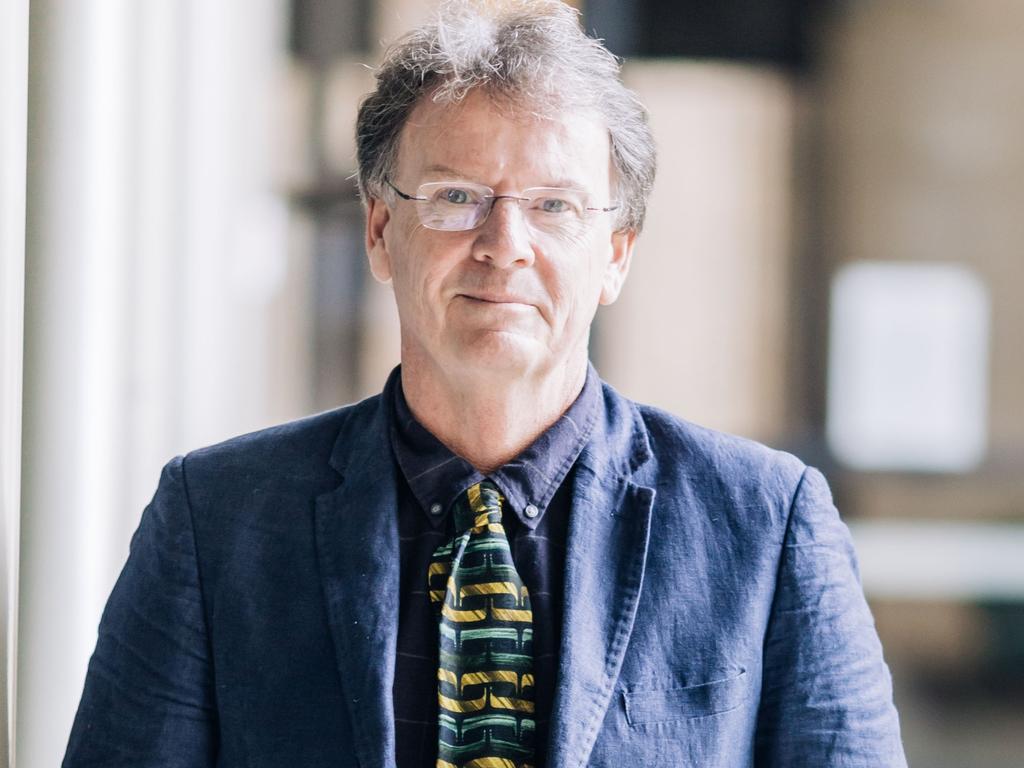
Mr Hawton said parents often step in too quickly to solve children’s problems, to avoid looking “mean’’.
“Every time we jump in for our children to fix a problem for them, they don’t get the practice to solve their own problems,’’ he said.
“They need to learn to resolve life’s problems without completely falling over.’’
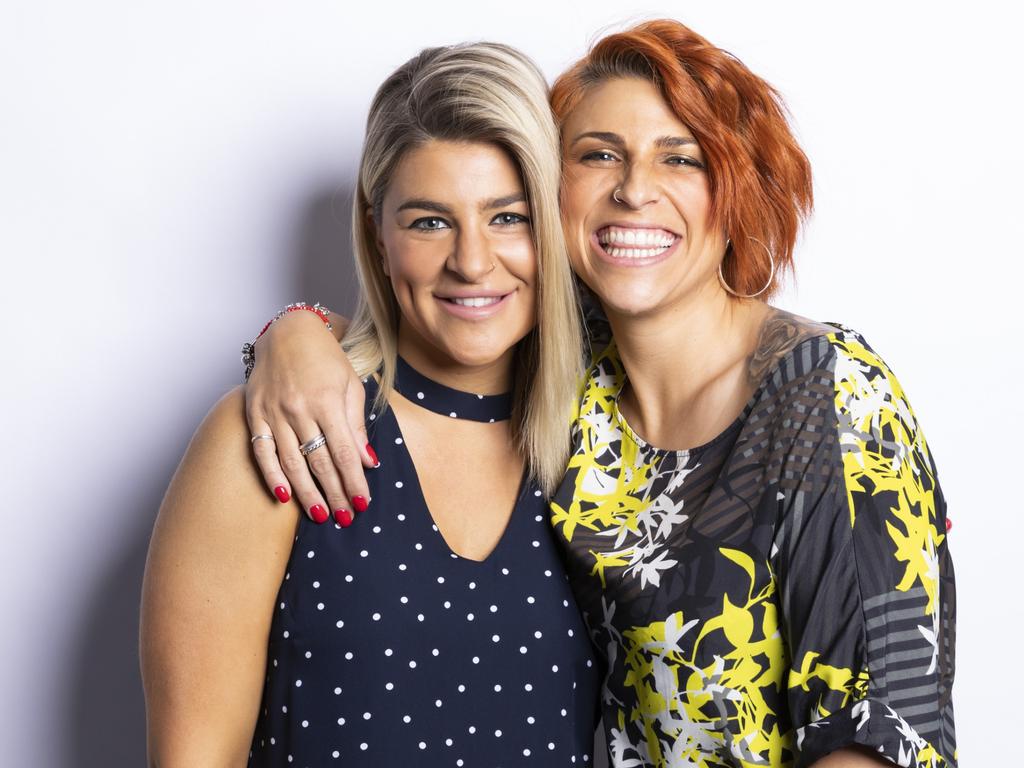
Mr Hawton is among a myriad of counsellors and psychologists being hired by schools to build students’ coping skills.
The Big Sister Experience, founded by former teachers Kritz and Bianca Sciessere, has enrolled 5000 school girls in its “Project Me’’ program to make them “mentally fit’’.
The program uses storytelling and activities to explore issues such as mental health, sexual consent, body image and social pressures.
Counsellors talk openly about anxiety, depression, eating disorders, self-harm and abusive relationships.
Kritz Sciessere advises adults to be “open and honest and vulnerable’’ when speaking to children about life’s problems.
“If parents open up and talk through their thoughts and feelings, how they process them, and how they respond to them, our young people follow this modelling behaviour and start to see their parent as someone who can be approached with anything that they need support with,’’ she said.
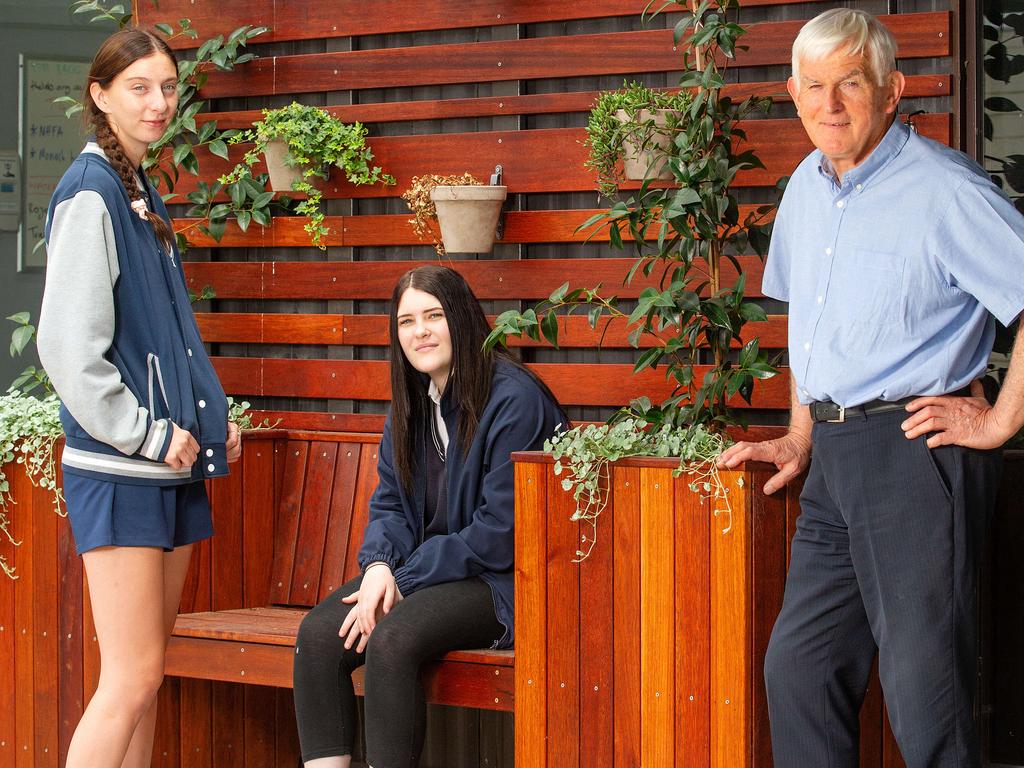
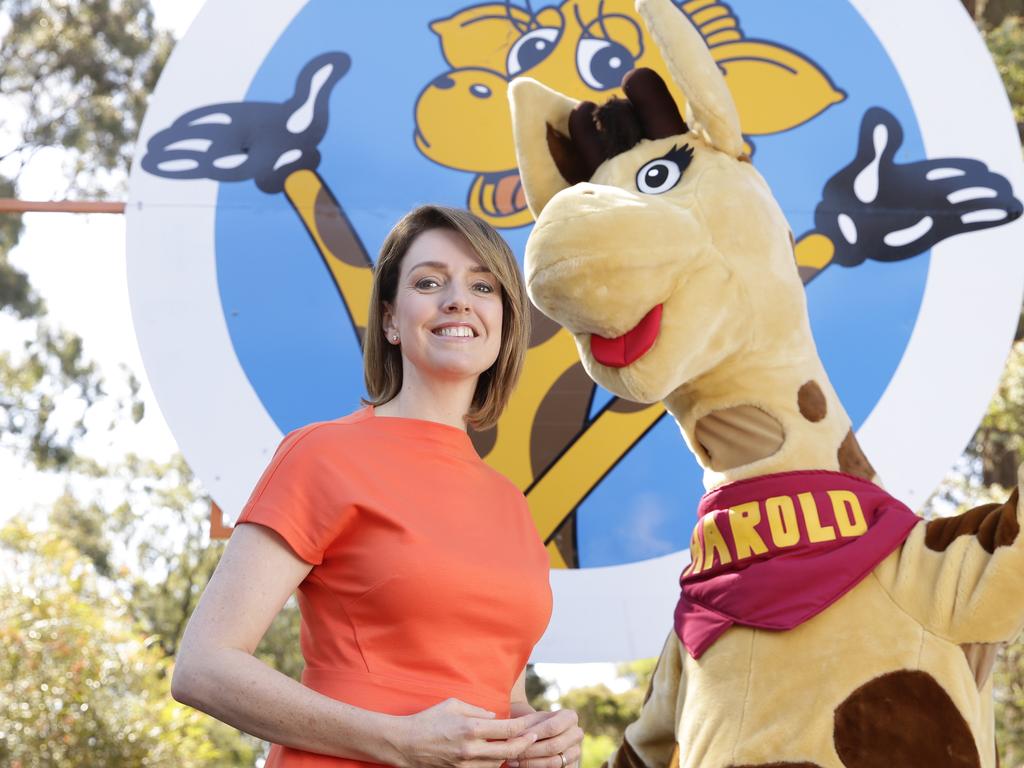
At the Emerson School in Melbourne, principal John Mooney has watched girls flourish with self-confidence after accessing the program.
The school also employs its own psychologist, along with “wellbeing officers’’ to help students deal with mental health problems.
“When we deal with students who have been marginalised or gone off the rails, we need to be nurturing them in any way we can,’’ Mr Mooney said.
“Schools have been in the trenches, but out of the furnace of fear and worry and anxiety is forged a partnership of wellbeing that will move us forward.’’
Life Education, which provides health and drug education to schools, has seen a rise in distress among students since COVID-19 lockdowns and restrictions this year.
Chief executive Kellie Sloane urged parents to spend “quality time’’ with children during the school summer holidays.
“The biggest cry for help is coming from Victoria, where the impacts of a 100-plus day lockdown will be felt not just now but into the future,’’ she said.
HOW TO HELP AN ANXIOUS CHILD
It’s not about you – put yourself to one side and remember your job is to be your child’s coach and to facilitate their ability to solve problems.
Listen for your child’s emotional responses – for example “I’m hearing that you’re feeling quite worried about going on the excursion.”
Review your child’s reaction - to events that are causing stress and then coach them to think of alternative explanations or to be more accurate in their descriptions
Help your child to think another way – for example “I’m hearing that your think your friend hates you, but I’m wondering if there might be another way of looking at this…”
Develop your child’s micro-skills – which when repeated over time will make a big difference to your child’s anxiousness.
Child psychologist Michael Hawton is founder of www.parentshop.com.au
Parenting advice:
https://www.lifeeducation.org.au/parents/
https://www.parentshop.com.au/parent-courses/
https://bigsisterexp.com/freeresources/
https://kidshelpline.com.au/parents
More Coverage
Originally published as Mental Health 360: Shocking rise in Aussie teens being medicated





